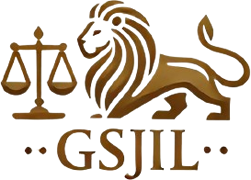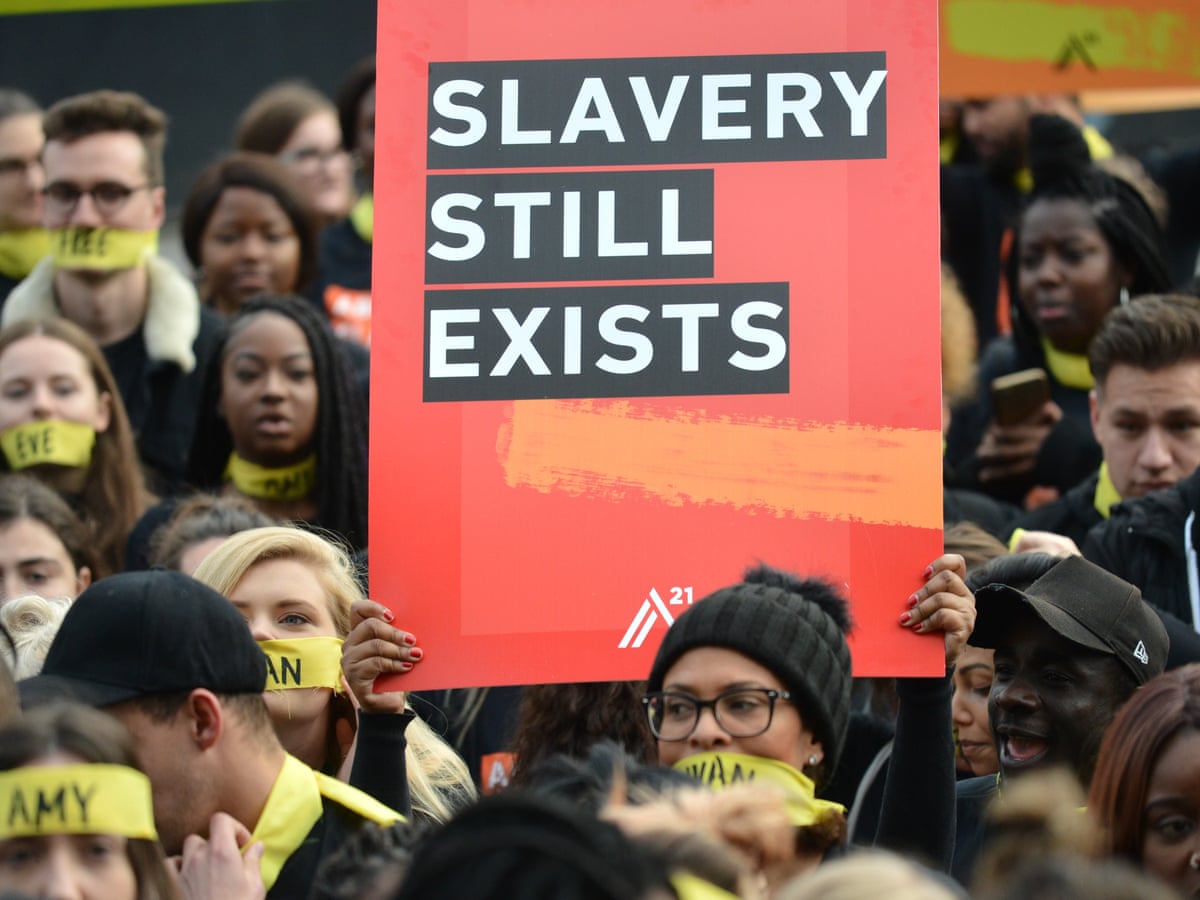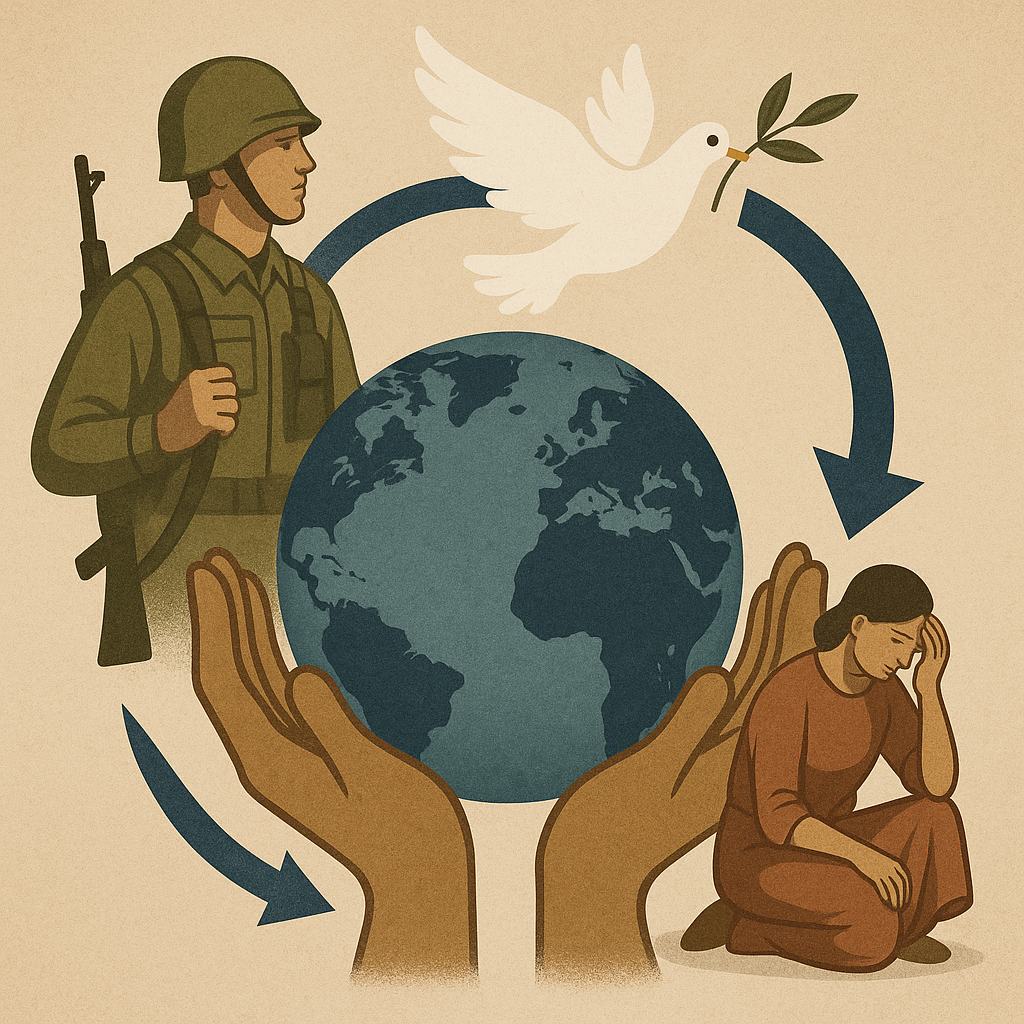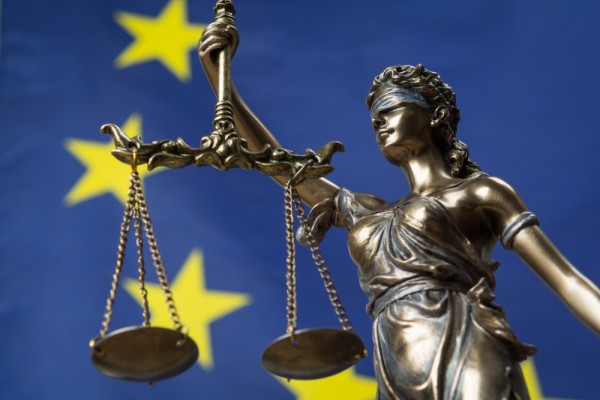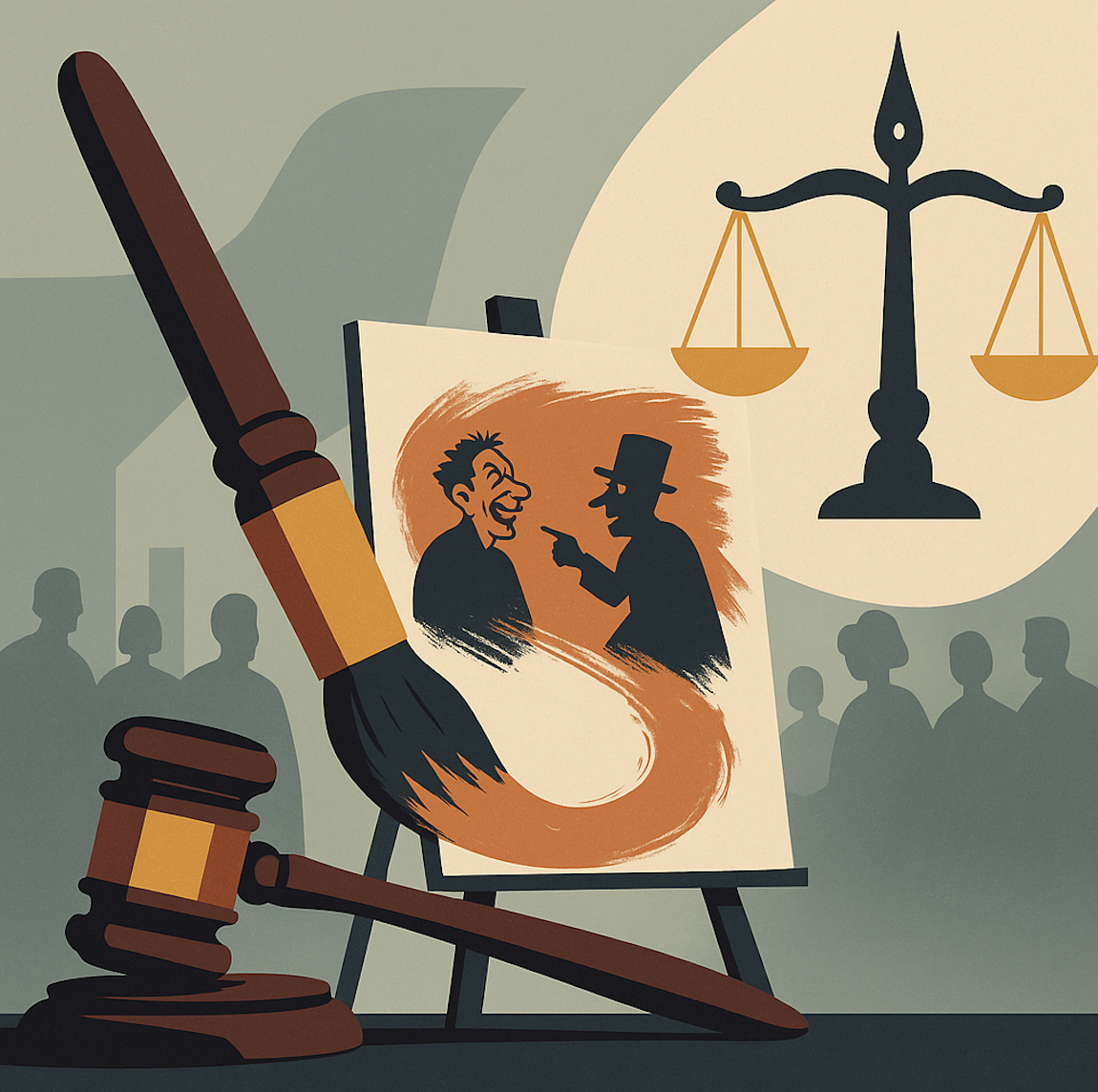According to the Anti-Slavery International, which is the oldest international human rights organization and also the leading NGO against slavery, modern slavery is the extreme exploitation of humans for personal or commercial gains. [1] People can be forced to become nannies, cooks, cleaners, factory workers, fishermen etc., against their will. They can be forced to do these jobs under death threats of violence, having their passports taken or under the pressure of debts they cannot pay. These jobs can seem normal from outside, as is the case of Thai fishermen who are deceived into board fishing vessels by captains with the promise of a good-paying job. Even though they seem like normal fishermen, they cannot leave the fishing vessels and they aforced to fish for vessel owners. Modern slavery can take many forms, such as forced labor, slavery of children, descent-based slavery, forced and early marriage, debt bondage and human trafficking.
This paper will make an introduction to the legal measures put to combat modern slavery.
What are the regulations against modern slavery?
- International regulations against modern slavery
-
- What is ILO?
The International Labor Organization (ILO) is a United Nations agency that aims for advancements in social and economic justice by setting international labor standards. ILO was founded in 1919 and currently 186 out of 193 UN member states plus the Cook Islands are ILO member states. [2]
-
- ILO standards
ILO standards are set out in 189 conventions and treaties, and according to the 1998 Declaration on Fundamental Principles and Rights at Work eight of these treaties and conventions are fundamental. These fundamental conventions and treaties protect freedom of association and the effective recognition of the right to collective bargaining, the elimination of forced or compulsory labor, the abolition of child labor, and the elimination of discrimination in respect of employment and occupation. As they protect the elimination of forced and compulsory labor, ILO standards are perhaps the most significant regulations against modern slavery.
-
- Palermo Protocols
The Palermo protocols are three protocols adopted by the UN to add to the Convention against Transnational Organized Crime. One of these 3 protocols is the Protocol to Prevent, Suppress and Punish Trafficking in Persons, especially Women and Children. As human trafficking is one of the main supply chains of modern slavery, Palermo protocols are important for its elimination.
- Municipal law regulations against modern slavery
Aside from the international treaties, conventions and protocols, countries like UK and Australia have legislations to eliminate modern slavery.
Parliament of the UK has passed the Modern Slavery Act in 2015 to better combat modern slavery by consolidating existing slavery and trafficking offences, establishing an Anti-Slavery Commissioner, creating a new statutory defence for victims of human trafficking and slavery forced to commit criminal offences, by providing mechanisms to seize human traffickers’ assets and using some of these assets to compensate their victims and by enabling courts to put restrictions on those convicted of modern slavery offences (and even on those involved in modern slavery offences but not yet convicted). [3]
The Australian Modern Slavery Act 2018 on the other hand requires large Australian and foreign companies operating in Australia to report on the risks of modern slavery in both their supply chains and their operations and the actions taken by these companies to address the modern slavery risks.
Image: The Guardian
Sources:
[1] What is modern slavery. (n.d.). Retrieved from https://www.antislavery.org/slavery-today/modern-slavery/
[2] International Labour Organization. (2021, May 16). In Wikipedia. https://en.wikipedia.org/wiki/International_Labour_Organization
[3] Modern Slavery Act 2015. (2021, May 16). In Wikipedia. https://en.wikipedia.org/wiki/Modern_Slavery_Act_2015
